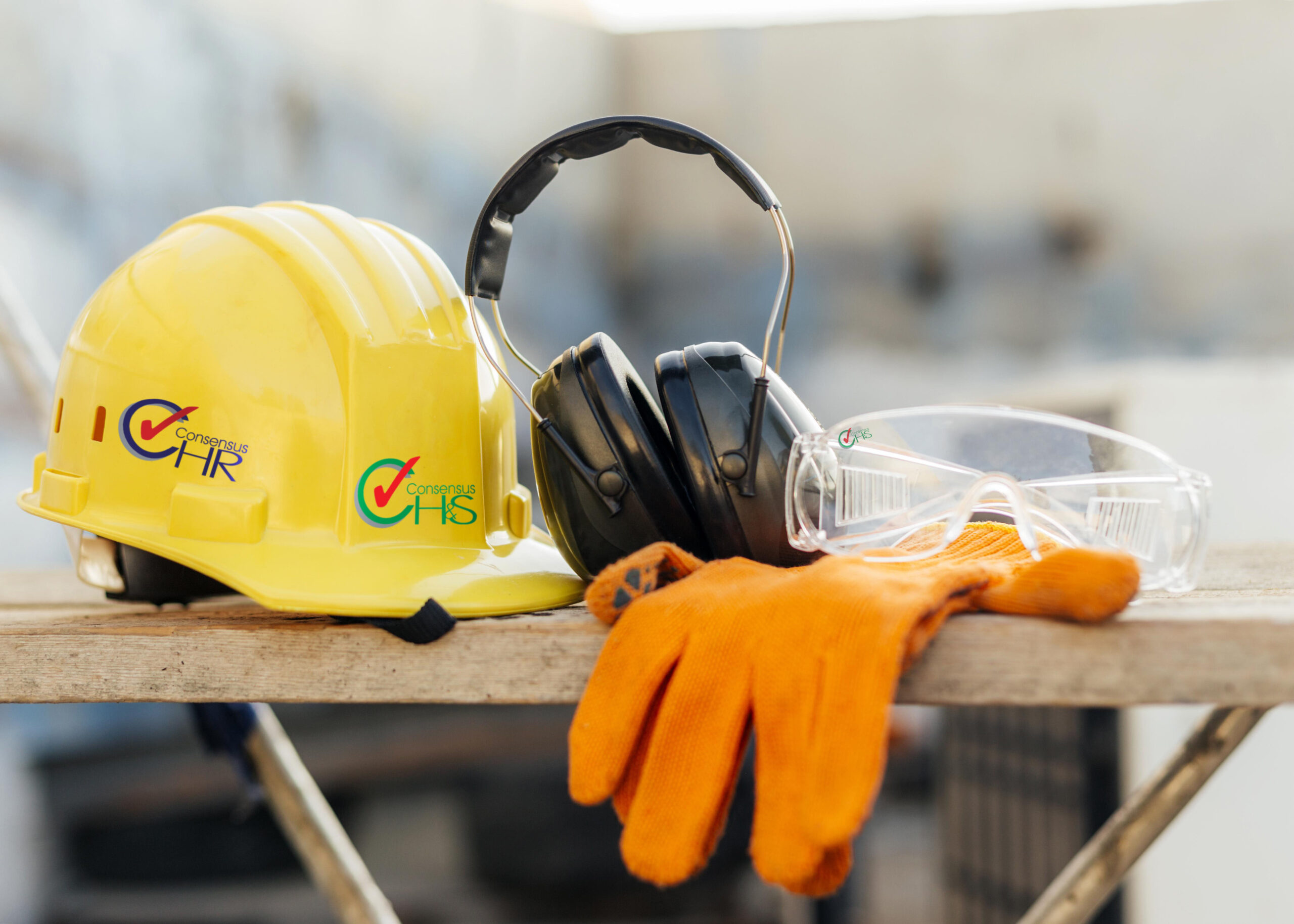HSE publishes annual statistics for 2021/22

Matthew Pinto-Chilcott the owner of Consensus HR comments: “The statistics are a very good read and very interesting to find out exactly what has been happening in the workplace when it comes to Health & Safety. Stress, depression and anxiety rates very highly with 914,000 cases and which is an area we find a lot of our clients have been asking a lot of questions on and requiring support and advice to ensure the welfare of their teams and the successful running of the business.
A total of 36.8 million days were lost due to work-related ill health and non-fatal workplace injuries in 2021/22 and the COVID-19 pandemic continues to impact on the workplace. Of the 1.8 million suffering a work-related illness, an estimated 585,000 reported it was caused or made worse by the effects of the coronavirus pandemic. The HR / Health & Safety strategy of all companies is vital for the company’s success to adhere to legislation but also best practice and employee welfare and company sales / turnover. Employers and Line Managers need to ensure that they get the best support / advice so that these issues can be dealt with quickly, efficiently and cost effectively.”
NEWS ARTICLE:
The estimated number of workers in Great Britain suffering a work-related illness is 1.8 million with stress, depression, and anxiety making up around half of cases, new figures show.
The Health and Safety Executive (HSE) has today (Wednesday November 23) published its annual statistics on work-related ill health and workplace injuries.
The figures from Great Britain’s workplace regulator show there were an estimated 914,000 cases of work-related stress, depression, or anxiety in 2021/22.
An estimated 17 million working days were lost due to work-related stress, depression, or anxiety in 2021/22. This is over half of all working days lost due to work-related ill health.
HSE has been warning of a growing crisis in stress and poor mental health related to work. The workplace regulator launched a major campaign last year to remind employers of their responsibilities to their employees’ mental health.
HSE’s Chief Executive, Sarah Albon, said: “Stress and poor mental health is the number one cause of work-related ill health. The effects of stress, depression, and anxiety can have a significant impact on an employee’s life and on their ability to perform their best at work.
“Britain is one of the safest places in the world to work but we need all employers to do more and take seriously their responsibilities to support good mental health at work. That’s why improving mental health in the workplace is a key priority in our 10-year strategy ‘Protecting People and Places’, and why we’re developing new partnerships across industry to help employers support their employees.”
HSE’s annual statistics release shows the impact work-related ill health is having on Great Britain’s economic performance:
- 36.8 million working days were lost due to work-related ill health and non-fatal workplace injuries in 2021/22.
- The annual economic cost of work-related injury and new cases of ill health (excluding long latency illnesses such as cancer) was £18.8 billion in 2019/20.
The figures also show that 123 workers were killed in work-related accidents in 2021/22 and a further 565,000 workers sustained a non-fatal injury.
The COVID-19 pandemic continues to impact on the workplace. Of the 1.8 million suffering a work-related illness, an estimated 585,000 reported it was caused or made worse by the effects of the coronavirus pandemic. Around a quarter of these workers were in human health and social work. In addition, 123,000 workers suffering with COVID-19 believed they were exposed to the virus at work.







